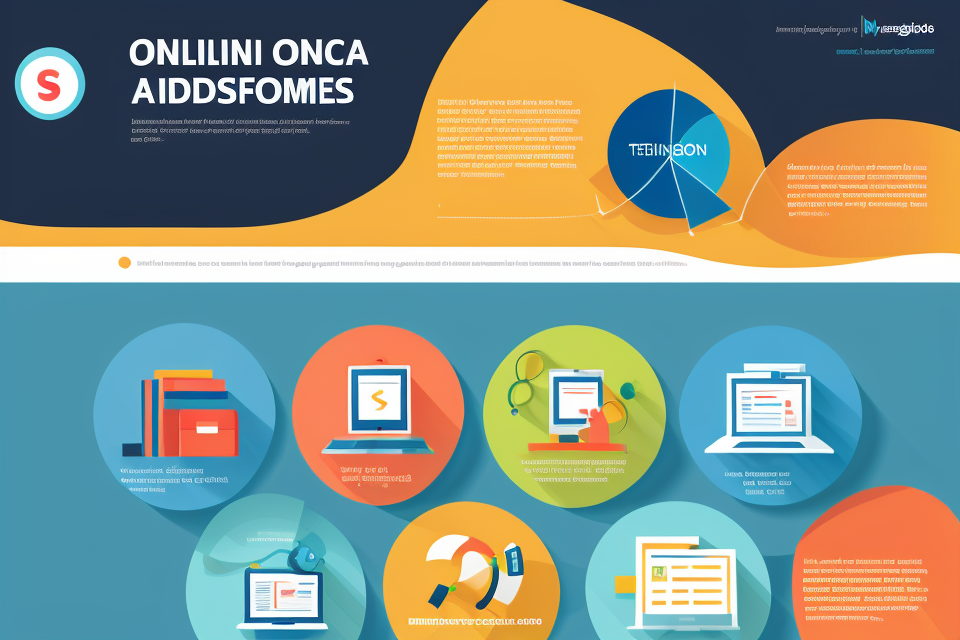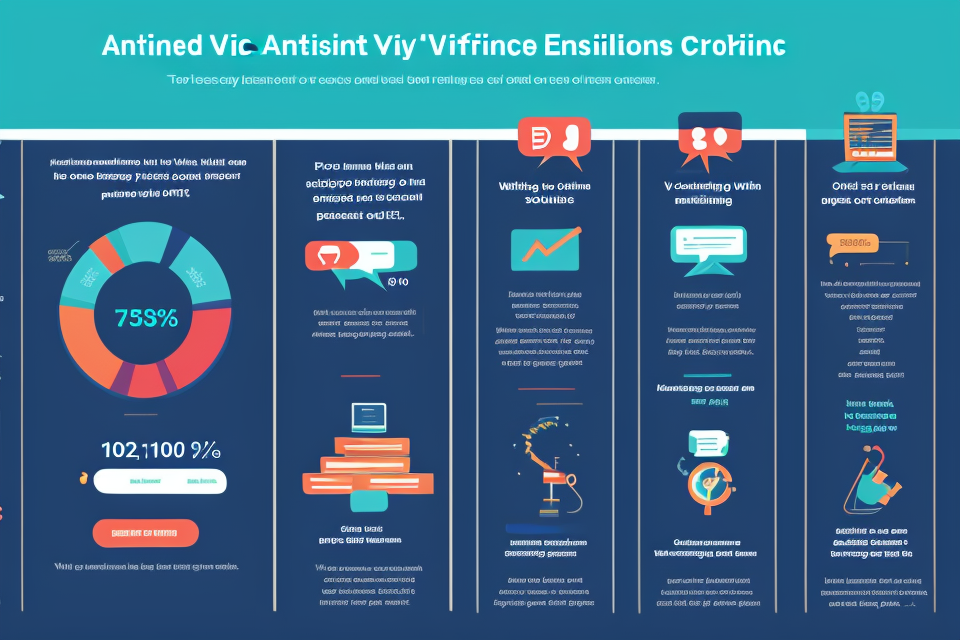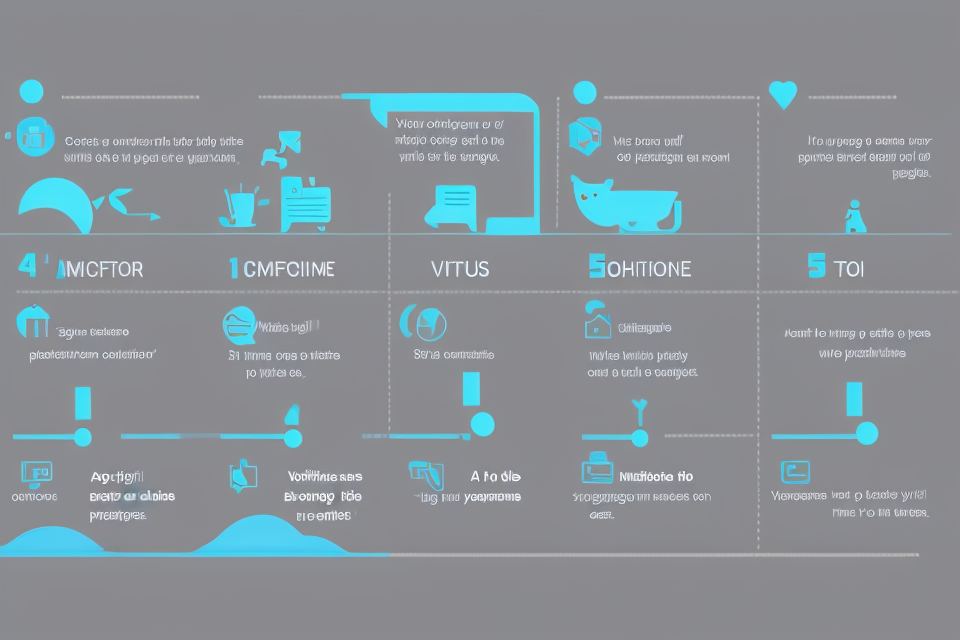
Are you looking to improve your skills or learn something new, but don’t have the budget for a traditional classroom course? You might be tempted by the idea of free online courses – but are they really free? In this article, we’ll take a closer look at the truth behind free online courses and whether they’re truly a cost-effective option. From hidden fees to limited support, we’ll explore the pros and cons of taking free online courses and help you make an informed decision about your education. So, is it really free? Read on to find out.
The answer to whether free online courses are really free or not depends on what one means by “free.” In many cases, free online courses offer high-quality education and learning opportunities at no cost to the student. However, it is important to note that these courses may still require a time commitment and effort from the student, and that some courses may have additional costs such as for textbooks or materials. Additionally, while the courses themselves may be free, the instructors and institutions offering them may still generate revenue through donations, sponsorships, or other means. Ultimately, whether a course is truly “free” will depend on the specific course and its associated costs and commitments.
Understanding the Terms
What is a free online course?
A free online course is a course that is offered online, usually through a website or platform, and can be accessed by anyone with an internet connection. These courses are typically designed to provide individuals with educational content on a particular subject, without requiring them to pay any fees.
There are many different types of free online courses available, ranging from introductory-level courses that provide a basic overview of a subject, to more advanced courses that are designed for individuals who already have some experience or knowledge in the field. Some examples of free online courses include:
- “Introduction to Computer Science” on Coursera
- “Digital Marketing” on Udemy
- “Introduction to Psychology” on edX
One of the benefits of free online courses is that they are often self-paced, meaning that students can work through the material at their own pace, rather than being tied to a specific schedule. Additionally, many free online courses offer some form of certification or verification of completion, which can be useful for individuals looking to demonstrate their knowledge or skills to potential employers.
What are the terms and conditions?
When it comes to free online courses, it’s important to read and understand the terms and conditions. These documents outline the rules and restrictions that come with accessing and using the course materials.
Here are some common restrictions and limitations to look out for:
- Limited access to course materials: Some free online courses may only provide limited access to course materials, such as only a certain number of lessons or units. This means that you may need to pay for the full course if you want to access all of the materials.
- Limited time frame: Some free online courses may only be available for a limited time, such as a few weeks or months. This means that if you miss the deadline, you may not be able to access the course materials.
- Minimum age requirement: Some free online courses may have a minimum age requirement, such as 18 years old. This means that if you are younger than the requirement, you may not be able to access the course materials.
- Limited support: Some free online courses may only provide limited support, such as no access to the instructor or no help with assignments. This means that you may need to find other resources to help you with the course materials.
It’s important to read and understand the terms and conditions before signing up for a free online course. This will help you avoid any surprises or disappointments down the line.
How are free online courses funded?
When it comes to free online courses, there are different models of funding that are used to support the course. These models can have a significant impact on the quality of education that is provided.
- Grants and donations: One of the most common ways that free online courses are funded is through grants and donations. Organizations or individuals who believe in the value of education may provide funding for the development and maintenance of a course. This type of funding can be unpredictable, as it depends on the availability of grants and the generosity of donors.
- Sponsorships: Another way that free online courses are funded is through sponsorships. Companies or organizations may sponsor a course in exchange for branding or advertising opportunities. This type of funding can be beneficial for both the course provider and the sponsor, as it allows the sponsor to reach a targeted audience and the course provider to generate revenue.
- Advertising: Some free online courses may be funded through advertising. The course provider may display ads on the course website or within the course itself in exchange for funding. This type of funding can be controversial, as it may detract from the educational experience and distract students from the content.
- Subscription model: Some free online courses may require students to pay a subscription fee in order to access the course content. While this may not technically be a fee for the course itself, it can still impact the affordability and accessibility of the course for some students.
Overall, the funding model used for a free online course can have a significant impact on the quality of education that is provided. It is important for students to understand the funding model used for a course and how it may impact their learning experience.
The Cost of Free Online Courses
Hidden costs
When it comes to free online courses, it’s important to understand that not everything is as it seems. While the course itself may be free, there are often hidden costs that can add up quickly. Here are some of the most common hidden costs to look out for:
- Additional expenses for certification or credentials: In some cases, you may be required to pay a fee in order to receive a certificate or credential upon completion of the course. This can be a significant cost, especially if you’re pursuing multiple courses or programs.
- Costs for textbooks or materials: While the course itself may be free, you may still need to purchase textbooks or other materials in order to complete the course. This can add up quickly, especially if you’re taking multiple courses at once.
- Technology requirements: Some free online courses require specific technology or software in order to complete the course. If you don’t already have this technology, you may need to purchase it, which can be a hidden cost.
- Time commitment: While the course itself may be free, there may be a significant time commitment required in order to complete it. This can impact your ability to work or pursue other activities, which can have hidden costs in terms of lost income or opportunities.
It’s important to keep these hidden costs in mind when considering free online courses. While they can be a great way to learn new skills or gain knowledge, it’s important to budget accordingly and be aware of any additional expenses that may arise.
Time investment
While free online courses may seem like an attractive option for individuals looking to upskill or learn something new, it’s important to consider the time investment required to complete a course. Balancing work, life, and free online courses can be challenging, and the time required to finish a course can vary depending on the individual’s pace and commitment.
One of the most significant factors affecting the time investment for free online courses is the pace at which students complete the course. Some students may choose to complete the course at a slower pace, while others may want to finish it as quickly as possible. The speed at which students complete the course will affect the overall time investment.
Another factor to consider is the level of commitment required to complete the course. Free online courses may require a significant amount of time and effort to complete, and students may need to dedicate several hours each week to complete the coursework. Students who are not committed to putting in the necessary time and effort may struggle to complete the course, which can result in a longer time investment.
It’s also important to consider the distractions and interruptions that can arise during the course of the program. Life happens, and students may face unexpected challenges or distractions that can impact their ability to focus on the course. Students must be prepared to manage these distractions and find ways to stay focused on the course material.
Finally, the level of engagement and interaction with the course material can also impact the time investment. Some students may choose to engage more heavily with the course material, such as by participating in online discussions or asking questions, while others may take a more passive approach. The level of engagement can impact the time investment required to complete the course.
In conclusion, the time investment required to complete a free online course can vary depending on several factors, including the pace at which students complete the course, the level of commitment required, the level of engagement with the course material, and the ability to manage distractions and interruptions. Students must carefully consider these factors when deciding whether to pursue a free online course and must be prepared to commit the necessary time and effort to complete the program successfully.
Access to technology
One of the primary costs associated with free online courses is the need for access to technology. This includes having a reliable internet connection and a device capable of supporting online learning. For many individuals, especially those in developing countries or low-income households, accessing the necessary technology can be a significant barrier to participating in free online courses.
In addition to the cost of purchasing a device, such as a laptop or tablet, there may also be ongoing costs associated with maintaining and upgrading the technology. This can include the cost of internet access, software subscriptions, and other tools needed to participate in online learning.
Moreover, it is important to note that not all devices and internet connections are created equal. Some may have limited capabilities or slow speeds, which can negatively impact the learning experience and limit the ability to fully participate in online courses.
Overall, while free online courses may offer an opportunity for individuals to access education and training, the cost of accessing the necessary technology can be a significant barrier for many. It is important for learners to carefully consider the costs associated with participating in online courses and to ensure that they have the necessary resources to fully engage in the learning experience.
Benefits of Free Online Courses
Access to education
Free online courses offer an opportunity for individuals to access education without the financial burden of traditional education. The removal of barriers to entry, such as tuition fees and textbook costs, makes education accessible to a wider audience. Additionally, the online format allows for a global reach, enabling individuals from anywhere in the world to participate in these courses. This increased access to education has the potential to bridge the gap between those who have the resources to pursue higher education and those who do not. However, it is important to note that not all free online courses are created equal and some may lack the rigor and quality of traditional education. Therefore, it is important for individuals to do their research and select reputable providers when considering free online courses.
Personal and professional development
Free online courses offer numerous benefits for personal and professional development. These courses allow individuals to enhance their skills and knowledge, as well as build a portfolio that showcases their abilities. Here are some ways in which free online courses can contribute to personal and professional growth:
Enhancing skills and knowledge
One of the primary advantages of free online courses is that they enable individuals to acquire new skills and knowledge in various fields. These courses often cover topics that are not typically taught in traditional educational settings, providing learners with a unique opportunity to explore emerging technologies, industries, and disciplines. By taking advantage of these courses, individuals can develop a broad range of skills that can help them stay competitive in the job market or improve their personal lives.
Building a portfolio
In addition to enhancing skills and knowledge, free online courses can also help individuals build a portfolio that showcases their abilities. By completing courses and earning certificates or badges, learners can demonstrate their expertise in specific areas to potential employers or clients. This can be particularly useful for freelancers or entrepreneurs who need to establish credibility in their fields. Furthermore, having a portfolio of completed courses can help individuals stand out in job applications or interviews, demonstrating their commitment to continuous learning and professional development.
Overall, free online courses offer numerous benefits for personal and professional development. By enhancing skills and knowledge and building a portfolio, individuals can set themselves apart in the job market or improve their personal lives.
Affordability
When it comes to higher education, the cost of tuition can be a significant barrier for many individuals. Traditional college courses can be expensive, and for those who are not able to attend classes in person, the cost of online courses can be just as high. This is where free online courses come in – they offer an affordable alternative to traditional education, allowing individuals to save money on tuition fees.
One of the biggest advantages of free online courses is that they are typically much cheaper than their paid counterparts. Since there are no costs associated with running the course, such as facilities or instructor salaries, the savings are passed on to the student. This means that individuals who may not have been able to afford a traditional college education can now access high-quality educational resources without breaking the bank.
Another benefit of free online courses is that they represent an opportunity cost savings. This means that by taking a free online course, individuals are able to save money that would have otherwise been spent on a paid course. This can be especially beneficial for those who are considering pursuing a degree or certification, as the cost of a paid course can add up quickly.
However, it’s important to note that just because a course is free, it doesn’t necessarily mean that it’s completely free. Some free online courses may require the purchase of additional materials or resources, such as textbooks or software. Additionally, while the cost of the course itself may be free, there may be other costs associated with completing the course, such as internet access or the cost of a computer.
Overall, the affordability of free online courses is a significant advantage for individuals looking to further their education without breaking the bank. With the rising cost of higher education, free online courses provide an accessible and cost-effective alternative for those looking to gain new skills and knowledge.
FAQs
1. What does it mean when an online course is called “free”?
When an online course is called “free”, it usually means that you can access the course materials and content without having to pay any upfront fees. However, it’s important to note that there may still be additional costs associated with the course, such as textbooks, equipment, or certification fees.
2. Are there any hidden costs or catches with free online courses?
It’s important to read the fine print and thoroughly research the course before enrolling. Some free online courses may require you to pay for certification or other additional materials. Additionally, some courses may require you to have certain equipment or software, which can come with a cost.
3. What are the benefits of taking a free online course?
The benefits of taking a free online course can vary depending on the course and the provider. Some benefits may include access to high-quality educational materials, the ability to learn at your own pace, and the opportunity to gain new skills or knowledge. Additionally, some free online courses may offer certification or other forms of credentialing, which can be valuable in pursuing employment or further education.
4. Are free online courses as good as paid courses?
The quality of a free online course can vary depending on the provider and the course content. Some free courses may be just as good as paid courses, while others may not be as comprehensive or well-structured. It’s important to do your research and read reviews before enrolling in any course, whether it’s free or paid.
5. Can I get a certificate or credential for completing a free online course?
It depends on the course and the provider. Some free online courses offer certification or other forms of credentialing, while others do not. Be sure to check the course details before enrolling to see if certification is available and what the requirements are for obtaining it.


